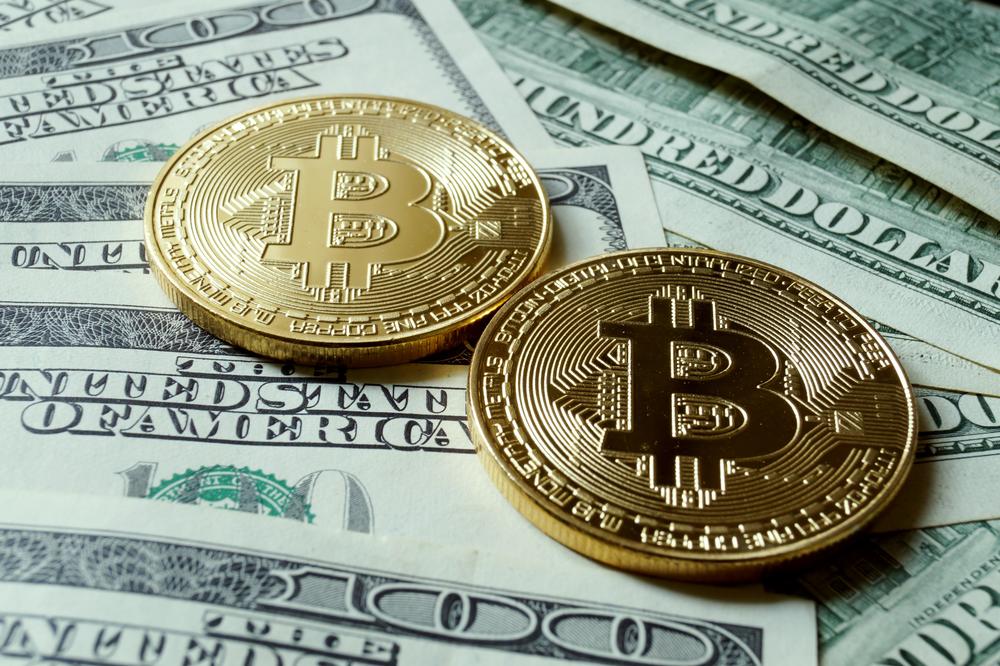- A new report from the New York Federal Reserve’s Liberty Street Economics blog classified Bitcoin as another form of fiat money.
- The article is criticized by experts for having incorrect concepts and arguments.
Under the title “Bitcoin Is Not A New Kind of Money,” an editorial for the New York Federal Reserve blog equates Bitcoin with fiat money. Written by economist for the Federal Reserve Bank of New York’s Research and Statistics Group, Michael Lee, and senior vice president Antoine Martin. Since its publication, it has faced criticism from members of the crypto community.
The Federal Reserve’s stance has been notorious against Bitcoin. In a publication from the Federal Reserve’s Kansas City branch, United States, it stated that Bitcoin is neither digital gold nor a safe haven in economic crises. The publication makes a study of the performance of 3 types of assets: gold, treasury bonds and Bitcoin. It concludes that only Treasury bonds have acted as a safe haven in times of crisis over the last 10 years.
Bitcoin isn’t a new kind of money?
According to the publication, Bitcoin and cryptocurrencies such as Ethereum, Litecoin and XRP, are money but not a new kind of money, as has become popular. On the contrary, the editorial states that money with the characteristics of Bitcoin has existed for centuries, but what is new about cryptocurrencies is not in their intrinsic properties but in their exchange mechanism. In that sense, they make a distinction between 3 types of money and 3 types of exchange mechanisms.
According to the editorial the 3 types of money are: fiat money, money supported by an asset and money supported by an institution. Bitcoin is part of fiat money, according to the editorial. The authors define fiat money as those objects that have no value by themselves, but acquire it in the belief that they can be exchanged for goods and services. They make a further distinction and claim that although paper money of a $20 bill, for example, has no value in itself it is different from “pure fiat money” because it is issued by a central bank. This fact gives it a characteristic of “legal tender” that Bitcoin or the other cryptocurrencies do not have.
However, as the founder of Castle Island Ventures, Nic Carter, pointed out, the study has a misguided definition of fiat money. Carter said he was impressed by the “ignorance, misclassification and abuse of language” from the New York Federal Reserve. Similarly, Carter stressed that fiat money is issued by decree:
fiat means ‘by decree’. no one is decreeing or insisting that bitcoin be worth anything. no one is enforcing its value at the point of a gun. I know we’re in a post structuralist era where the meaning of words doesn’t matter, but cmon. Do better.
On the means of exchanging money, the editorial also makes a distinction between physical, electronic and exchange through a trusted third party. Bitcoin enters a new category, according to the editorial, electronic transfers without a trusted intermediary. Therefore, it concludes the following about Bitcoin:
Bitcoin is not a new type of money. Instead, it is more accurate to think of Bitcoin as a new type of exchange mechanism that can support the transfer of monies as well as other things.





